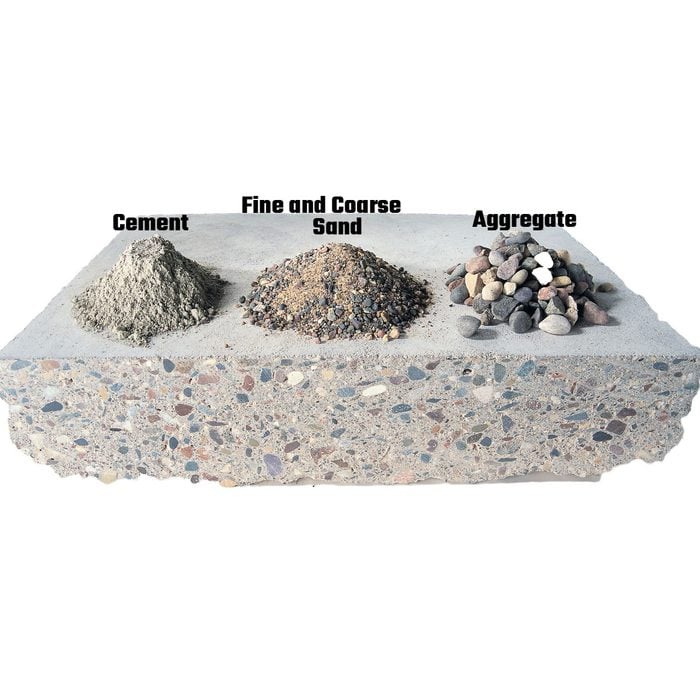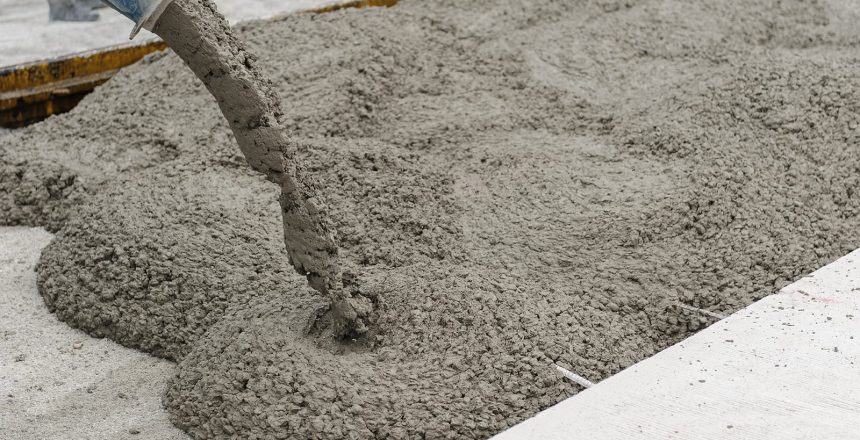Residential and Commercial Concrete Providers: Tailored to Your Task Requirements
Residential and Commercial Concrete Providers: Tailored to Your Task Requirements
Blog Article
Introducing the Eco-Friendly Advantages of Using Recycled Concrete in Sustainable Construction Practices
In the world of lasting construction methods, the utilization of recycled concrete stands as an essential yet typically underestimated source. Beyond its conventional applications, recycled concrete deals a myriad of eco-friendly benefits that expand far beyond the boundaries of typical building materials. From reducing ecological effect to enhancing cost-efficiency, the implications of including recycled concrete in lasting building practices are significant. This flexible material not just addresses pressing environmental problems however also offers a feasible service to the challenges encountered by the building and construction market at huge.
Ecological Benefits
Undoubtedly, one of the most significant benefits of making use of recycled concrete is its positive effect on the atmosphere. By incorporating recycled concrete right into building and construction techniques, there is a significant decrease in the requirement for new resources, leading to preservation of natural deposits. This process assists in maintaining aggregates, water, and energy that would have been used in creating brand-new concrete. In addition, using recycled concrete reduces the quantity of waste being sent out to land fills, thereby lowering ecological air pollution and reducing the strain on landfill capacities.

In addition, the manufacturing of standard concrete is a significant resource of carbon exhausts due to the energy-intensive procedure of concrete production. On the other hand, recycled concrete has a reduced carbon impact as it reduces the need for brand-new concrete manufacturing. This decline in carbon exhausts adds to mitigating environment modification and sustains lasting building techniques. In general, the environmental benefits of making use of recycled concrete are considerable and play a critical duty in advertising green construction methods.
Cost-Efficiency
Accomplishing cost-efficiency is an extremely important factor to consider when examining the application of recycled concrete in building and construction tasks. One of the key advantages of using recycled concrete is its cost-effectiveness compared to traditional concrete.
Furthermore, making use of recycled concrete can lead to savings in garbage dump costs by diverting concrete waste from disposal websites. This not only reduces the ecological influence but also removes the prices connected with waste removal. In addition, the longevity and efficiency of recycled concrete are equivalent to standard concrete, ensuring that cost financial savings do not endanger the top quality of the building and construction.
Toughness and Toughness
Thinking about the considerable cost-efficiency advantages of making use of recycled concrete, it is imperative to analyze its toughness and stamina in construction applications. Recycled concrete deals equivalent, if not exceptional, durability and toughness residential properties to standard concrete. Through developments in processing strategies and quality assurance, recycled concrete can satisfy or surpass the performance criteria of traditional concrete. The process of reusing concrete includes squashing, sorting, and evaluating old concrete to create aggregates that can be made use of in new building and construction tasks. These recycled aggregates are capable of offering acceptable compressive toughness, longevity, and lasting performance.

Waste Reduction
Reliable waste reduction methods play click an important role in the lasting utilization of sources within the construction market. Waste reduction is a key advantage that contributes substantially to environmental conservation when it comes to using recycled concrete. Typical construction approaches usually generate substantial amounts of waste, particularly in the type of concrete rubble from demolition sites. By including recycled concrete right into building and construction tasks, this waste is repurposed and drawn away from land fills, reducing the overall environmental impact of construction activities.
In addition, the use of recycled concrete can lead to set you back savings for building tasks, as it is typically more budget friendly than sourcing and moving new products - Concrete. In conclusion, waste decrease with the application of recycled concrete is an important element of lasting construction methods that profits both the building and construction and the environment market as a whole.
Power Conservation
Energy preservation is a vital facet of lasting construction methods, aiming to decrease the total energy usage connected with building operations and products production. Significant energy click resources financial savings are attained contrasted to typical concrete manufacturing when it comes to making use of recycled concrete in construction. The process of producing recycled concrete includes crushing and reusing existing concrete materials, which eats less power than mining, processing, and transferring basic materials for brand-new concrete manufacturing. Additionally, using recycled concrete can assist reduce the demand for virgin aggregate, further lowering the energy-intensive extraction and handling of natural deposits.
Final Thought
In conclusion, the application of recycled concrete in lasting building practices provides various environmental advantages, cost-efficiency, toughness, stamina, waste reduction, and power conservation. By integrating recycled concrete into construction projects, we can add to an extra eco-friendly and sustainable future. It is vital for the building sector to focus on making use of recycled materials to help in reducing the ecological impact of building and construction activities.
One of the crucial advantages of using recycled concrete is its cost-effectiveness contrasted to typical concrete.Furthermore, the use of recycled concrete can lead to savings in land fill costs by drawing away concrete waste from disposal sites. The resilience and efficiency of recycled concrete are comparable to conventional concrete, making sure that cost savings do not endanger the top quality of the building.

Report this page